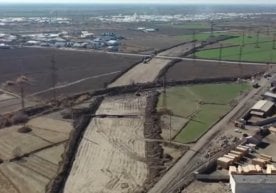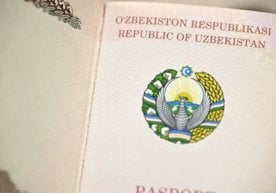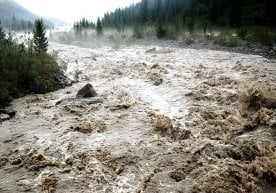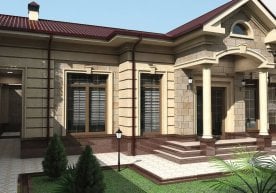Textile sector launches “urgent hundred days”
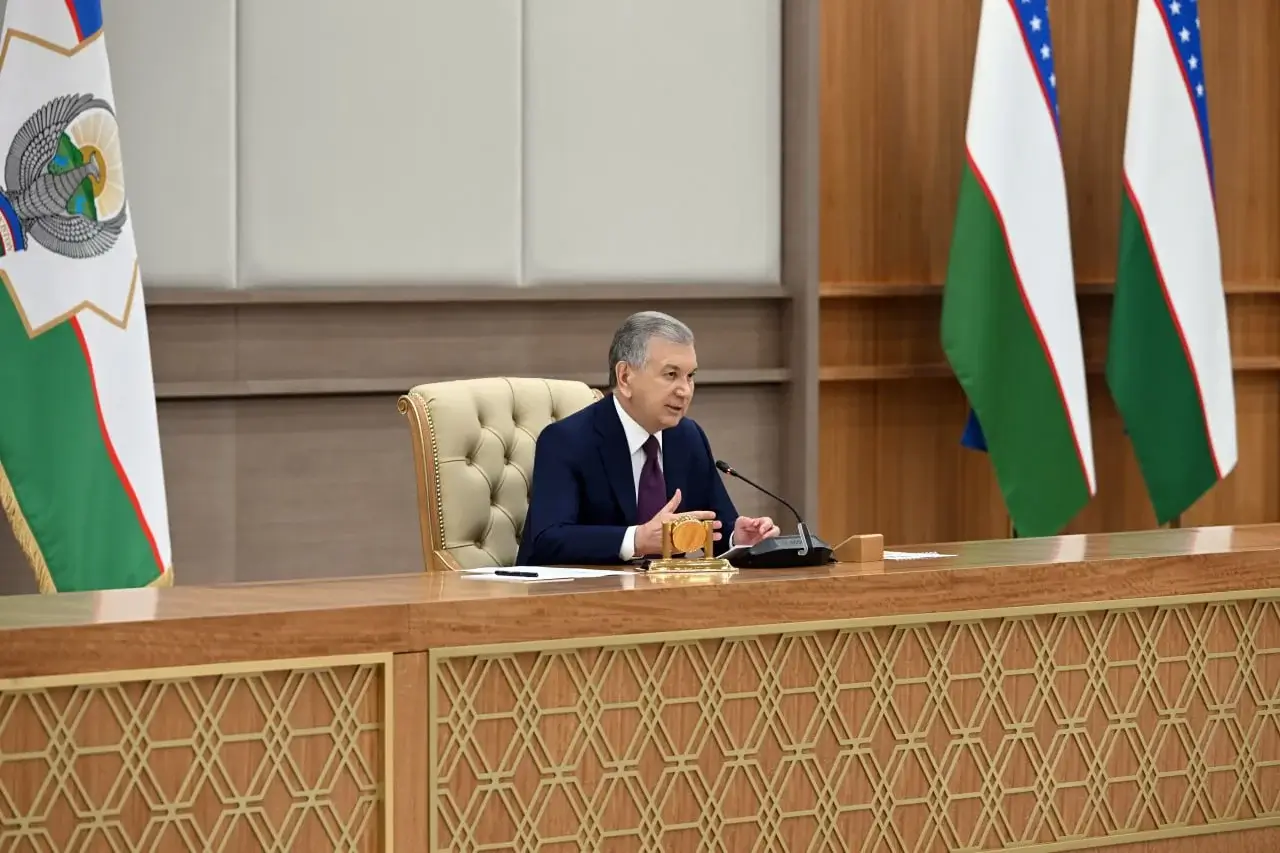
Under the chairmanship of President Shavkat Mirziyoyev, a video conference was held to thoroughly discuss measures to support the textile industry, which accounts for 3% of the country’s economy and 14% of industrial output.
Achievements of the last five years and current challenges
Over the past five years, 396 large enterprises worth $3.5 billion have been launched in the sector, and production volumes have reached $10 billion. Today, more than 500,000 people are employed in the sector, representing one-fifth of all industrial workers. However, there is a slowdown in production and export growth. Since 2022, the global cotton price has dropped from $3,000 to $1,500 per ton, creating serious difficulties for clusters.
President’s criticism and instructions
At the meeting, some entrepreneurs were sharply criticized for engaging in cotton “speculation” using cheap state resources. Textile enterprises owe $2.2 billion in commercial loans, 90–95% of which are in foreign currency. Only 16% of enterprises have an international certificate. The president asked: “In such conditions, how will they compete in foreign markets and repay their loans?”
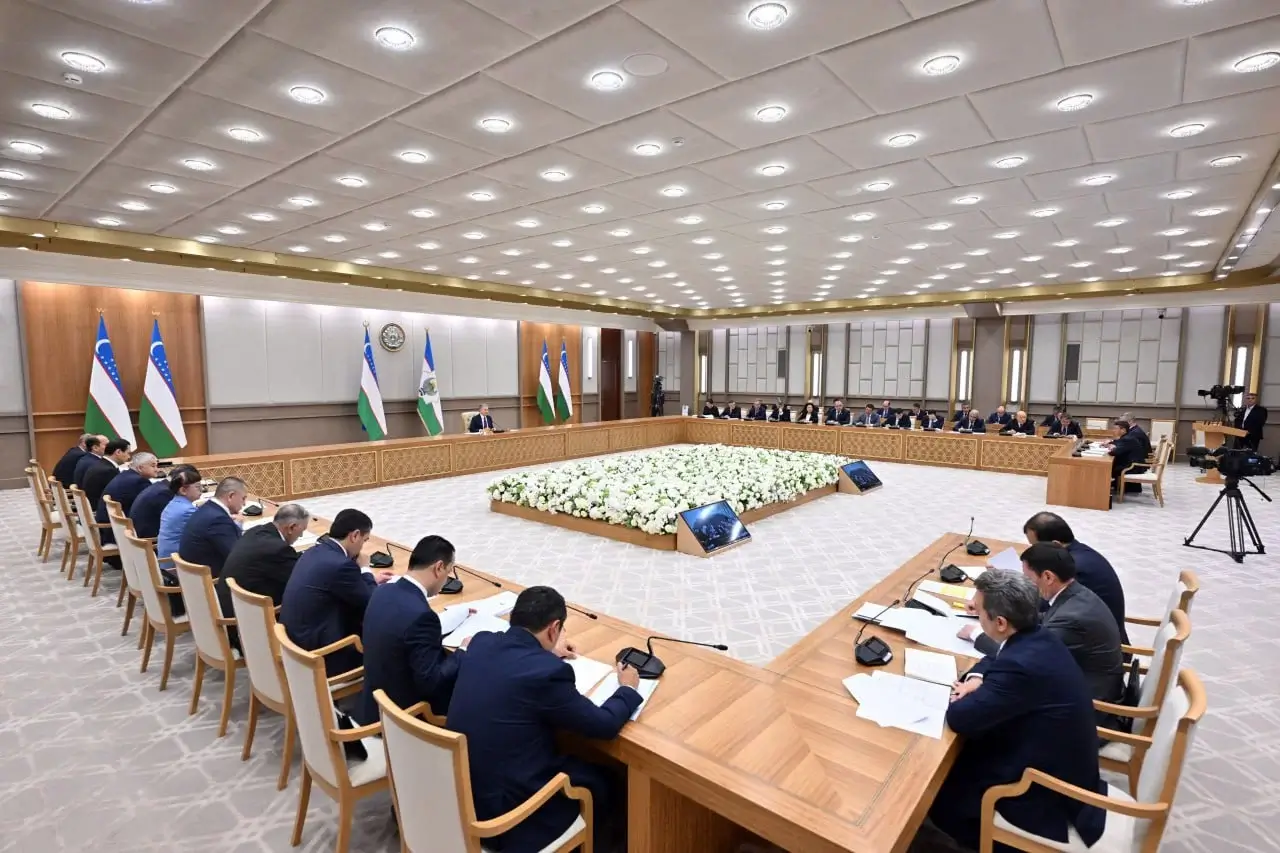
Measures and benefits
The head of state announced an “urgent hundred days” in the textile industry. This year, cluster loan repayment periods will be extended up to five years with collateral, and during this time only the principal will be repaid. Interest will be collected after full repayment of the principal, allowing clusters to retain 800 billion soums annually in working capital. A penalty of 377 billion soums for the 2022–2023 harvest will be written off. For 144 enterprises that can be stabilized, the loan term will be extended to seven years.
Additional support
Farmers will receive a subsidy of 1 million soums per ton of cotton for timely harvesting. If a company grows or buys cotton at its own expense, 10% of the raw material’s value will be reimbursed. For all textile enterprises, the social tax rate will be set at 1%, and the requirement for the share of textiles in sales will be reduced from 90% to 70%.
Strict control will be exercised over the implementation of these measures. According to the president, this is an important step toward adapting to market requirements, maintaining production and export potential, and taking the industry to a new level.
Read “Zamin” on Telegram!














